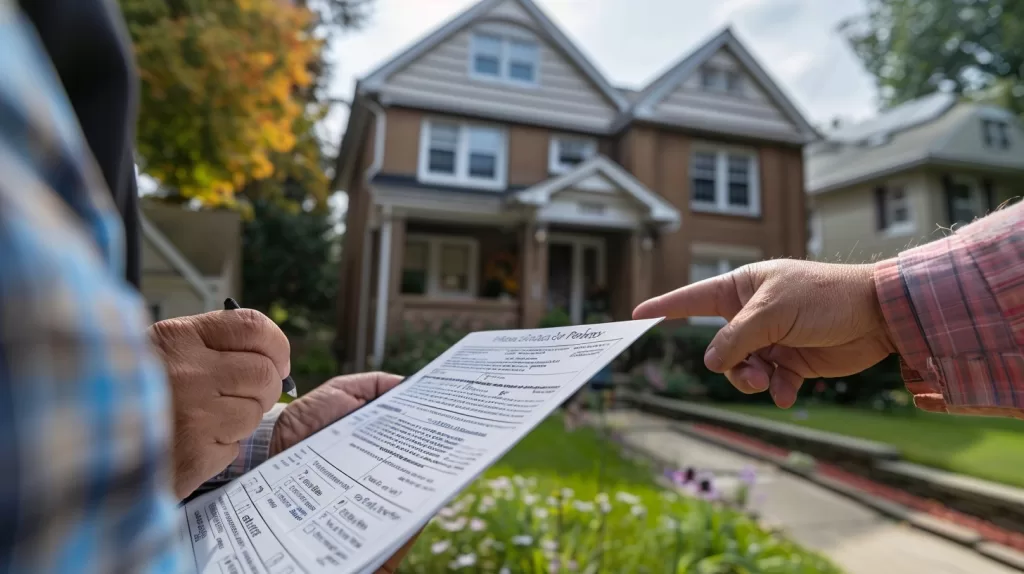
Minimize capital gains tax when selling a house by leveraging exemptions, deductions, and strategic planning. Utilize the home sale exclusion of up to $250,000/$500,000 for primary residence sales and include home improvements on the property cost basis. Keep detailed records of expenses and consider moving into the property before selling. Engaging with property marketing services can help present your home effectively, potentially increasing its value. Timing the sale strategically based on tax consequences and market conditions can reduce tax liabilities. Explore investing in Qualified Opportunity Zones through a Qualified Opportunity Fund to defer and reduce tax obligations. Understanding these strategies can significantly impact your financial outcomes.
When delving into the domain of real estate transactions, it is essential to grasp the subtleties of capital gains tax. Capital gains tax is a levy imposed on the profit from selling a property or an investment. The amount taxed is calculated by taking the selling price of the property and subtracting the original purchase price along with any qualifying expenses incurred during the ownership period.
In real estate, capital gains tax is categorized into two main types: short-term and long-term. Short-term capital gains tax applies to properties held for one year or less, while long-term capital gains tax applies to properties held for more than a year. The tax rates also differ between these two categories, with long-term gains typically taxed at lower rates to incentivize long-term investments.
Understanding the details of capital gains tax is essential for homeowners and real estate investors looking to maximize their profits while minimizing their tax liabilities. By being aware of the tax consequences of property sales, individuals can make informed decisions that align with their financial goals.
To minimize capital gains tax obligations when selling a house, it is essential to utilize exemptions and deductions available within the tax code strategically. One ordinary deduction that homeowners can benefit from is the exclusion of the home sale. This exclusion allows individuals to exclude up to $250,000 of capital gains from the sale of their primary residence if they have lived in the house for at least two of the past five years. For married couples filing jointly, the exclusion doubles to $500,000.
Furthermore, specific home improvements may be included in the property’s cost basis, thereby reducing the overall capital gains. Keeping detailed records of home improvement expenses is vital for maximizing deductions. Another strategy is to explore the option of moving into the property before selling it, which can help meet the eligibility criteria for the home sale exclusion.
Homeowners can effectively reduce their capital gains tax liability when selling a house by understanding and strategically leveraging these exemptions and deductions.
Exploring the best timing for selling a house involves strategic considerations that can significantly impact the capital gains tax consequences. One key factor to take into account is the duration of homeownership. If the property has been owned for over a year, it may qualify for long-term capital gains tax rates, typically lower than short-term rates. Moreover, selling during a year when your overall income is lower could place you in a lower tax bracket, reducing the amount of capital gains tax owed.
Market conditions also play an essential role in the timing of a house sale. Selling during a seller’s market where demand exceeds supply can result in higher selling prices, potentially offsetting any capital gains. On the other hand, in a buyer’s market, it might be beneficial to hold off on selling until market conditions are more favorable. By carefully analyzing these factors and consulting with a tax professional, homeowners can strategically time their house sale to minimize capital gains tax consequences.
Strategic investment in Qualified Opportunity Zones presents a tax-efficient opportunity for individuals looking to minimize capital gains tax liabilities when selling a house. These zones, designated by the government to spur economic development in underserved communities, offer significant tax incentives to investors. By reinvesting capital gains from the sale of a property into a Qualified Opportunity Fund that invests in these zones, investors can defer and potentially reduce their capital gains tax obligations.
Investing in Qualified Opportunity Zones not only provides tax benefits but also supports the revitalization of communities in need. Investors must conduct thorough due diligence on the specific Opportunity Zone they are considering, considering factors such as the potential for appreciation, economic trends, and the overall investment landscape. Moreover, investors should know the tax ramifications and regulations surrounding these investments to ensure compliance and maximize the available tax advantages. Overall, investing in Qualified Opportunity Zones can be a strategic way to minimize capital gains tax exposure while contributing to community development.
–Selling a House In a Trust After Death: Everything You Need To Know